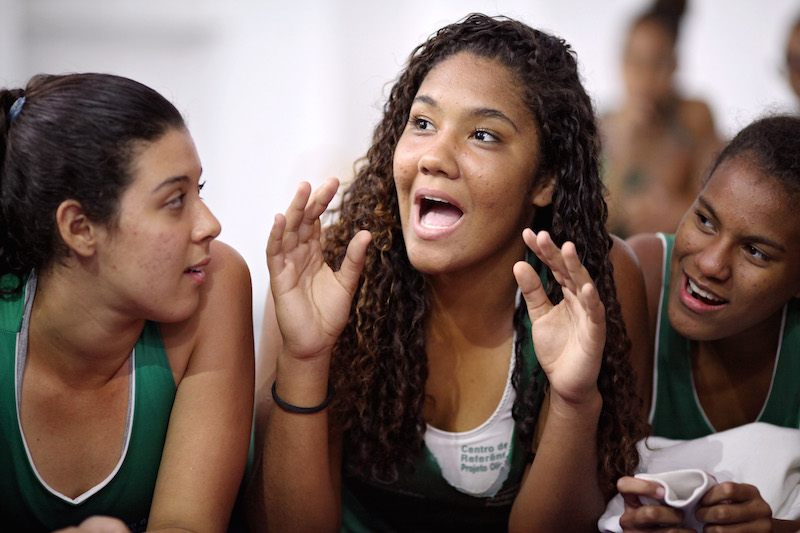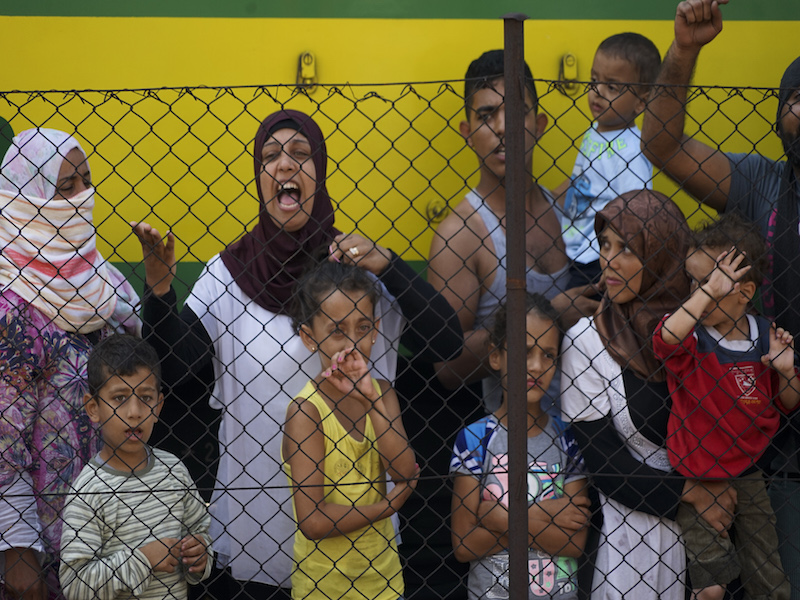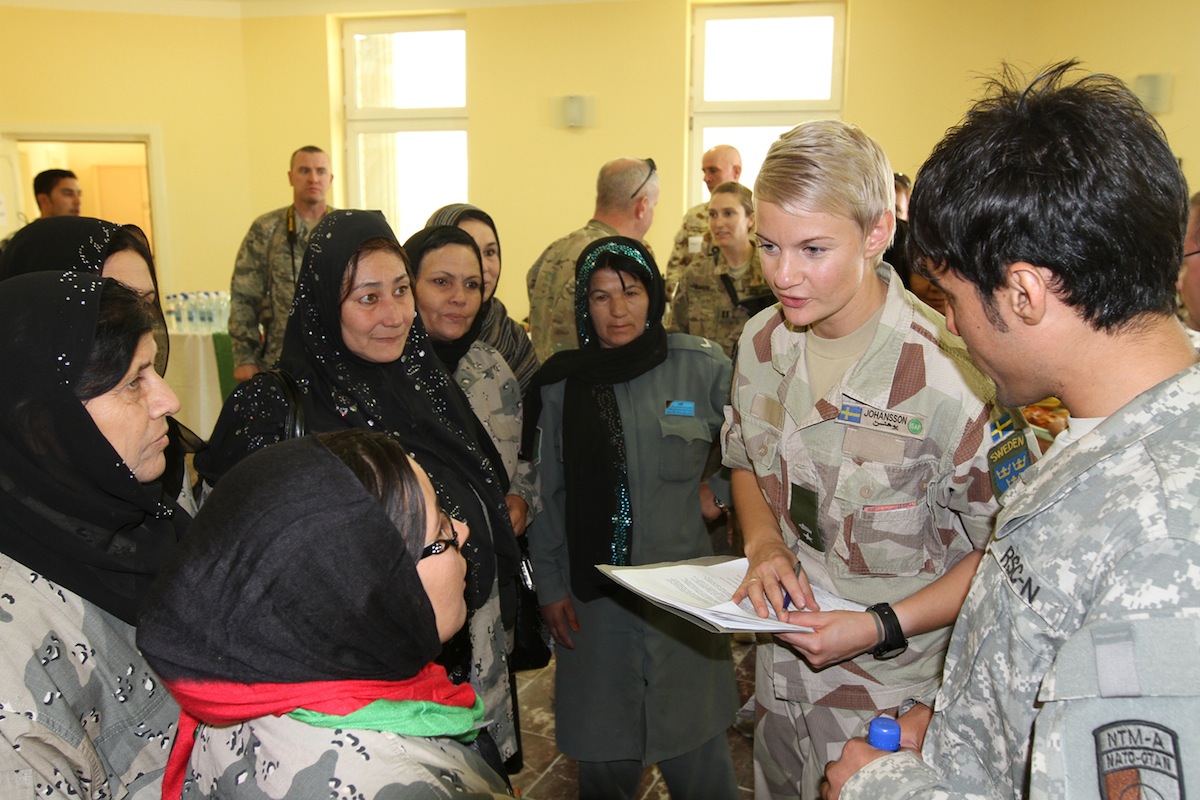Every four years, the Olympic Games bring together inspiring stories of cooperation, friendship, and humanity across sport. The International Olympic Committee’s (IOC) mandate calls for it to, “seek to create a way of life based on the joy found in effort, the educational value of good example and respect for universal fundamental ethical principles.” In order to meet these goals, the IOC has pursued various initiatives year-round and around the world, based on the themes of Olympic Solidarity, Sport and Active Society, Women in Sport, Sustainability, and Olympic Legacy. One interesting initiative currently happening during the 2016 Rio Games is the “One Win Leads to Another” program being hosted by UN Women, the IOC, and Always.
In Brazil, the program brings teenage girls from vulnerable communities to one of 16 Olympic Villas twice a week to practice sports, and take part in workshops that address gender inequality. Girls will obtain skills such as confidence and leadership, as well as practical knowledge about health, violence prevention, and economics that will be useful in their daily lives.
The official media release for the event details the importance of the program: “Upon entering adolescence, girls face new challenges, such as, less autonomy of their bodies, less encouragement and space to develop sport skills, more pressure to conform to traditions, and the almost exclusive responsibility to avoid early pregnancy, while their male counterparts enjoy new privileges reserved for men, including autonomy, mobility and power.” In order to reverse the cycle of inequality that results, intervention is necessary during adolescent development, and sport is a great way to do so.
Originally founded by UN Women partner organization Women Win, the “One Win Leads to Another” curriculum has been implemented in 25 countries and has involved 217,000 girls so far. The organization operates based on a framework called B.A.C.K.S., or Behaviour, Attitude, Condition, Knowledge, and Status, and seeks to teach, practice, and refine leadership through mentorship, education, and experience. Women Win also works on three levels of “prepare-practice-play”: ‘preparing’ participants at the individual level, helping them ‘practice’ their skills at the organisation level, and encouraging participants to ‘play’ with their skills at the community level.
Worldwide, the program has reported success in terms of increased leadership, knowledge, and confidence among participants in terms of responding to gender-based violence, pregnancy prevention, and sexually transmitted infections. In Brazil, “One Win Leads to Another” has been launched in 50 schools across Rio de Janeiro, and will be implemented with 2500 girls in total across the country by 2017.
At the celebration of the initiative on August 6, UN Women Executive Director, Phumzile Mlanbo-Ngcuka issued the statement: “The power of sport should never be underestimated. It can change lives, through increasing girls’ and young women’s beliefs in their own abilities, encouraging them to take initiative and aim high. A girl who has learnt her own strength and resilience on the games field is equipped to translate her skill into challenging the obstacles she faces outside the arena.”
Current Brazilian participants in the program—Kaillana de Oliveira Donato, Marcelly Vitória de Mendonça, and Adrielle Alexandre da Silva—were also present at the event, and took the stage to share their “takeaways” and lessons learned. Da Silva, who is 12 years old, talked about her dreams of becoming a professional athlete or rhythmic gymnastics teacher. She also said, “I learned that being a winner is about making my dreams come true, helping others and helping change my community.”
Rio de Janeiro has been the scene of much international competition as athletes from around the world aim for the gold in their respective disciplines. However, for the Brazilian girls participating in “One Win Leads to Another” and their communities, everyone will emerge a winner thanks to the innovative program.
Note: You can read more about the work of Women Win and the “One Win Leads to Another” project on their official website. Especially interesting are the videos created by young women as part of their Digital Storytelling Project.
Photo: ‘One Win Leads to Another,’ by UN Women via Flickr. Licensed under CC BY-NC-ND 2.0.
Disclaimer: Any views or opinions expressed in articles are solely those of the authors and do not necessarily represent the views of the NATO Association of Canada.




